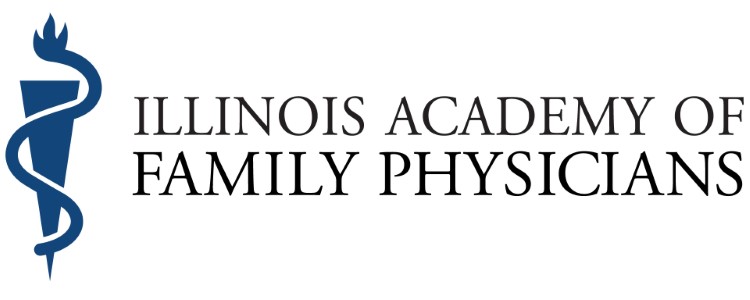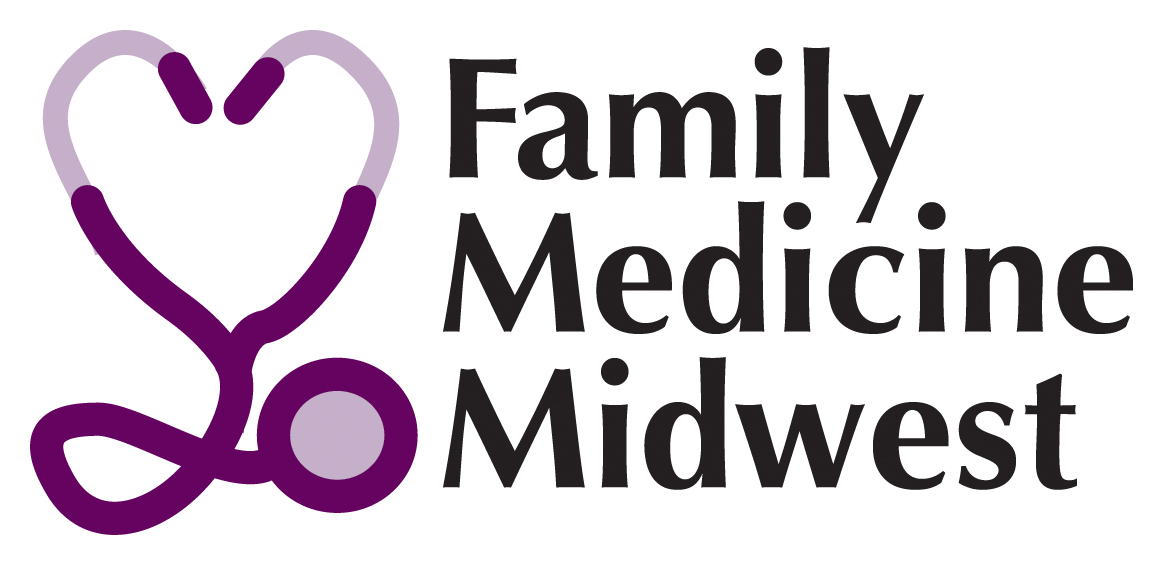- Home
- About IAFP
- Membership
- Education
- Resources
- COVID-19
- Practice Management
- Adults & Seniors
- Behavioral Health
- Cancer
- Children & Teens
- Diabetes
- Health Equity
- Healthy Lifestyle
- Immunizations/Vaccines
- Infection Control
- Influenza
- Medical Cannabis
- Partner in Health Resources
- Obesity
- DIY Community Outreach
- Opioid Safety
- Physician Resiliency
- Rural Health
- Tobacco/Nicotine
- Advocacy
- Foundation
 |
 |
Supporting Family Medicine Residency ProgramsThe following statement from the IAFP Family Medicine Educators committee and Government Relations committee can be used in all opportunities to support family medicine training programs in any reform to the U.S. health care system. To speak with an Illinois Academy leader on this issue, contact Ginnie Flynn or call 630-427-8004. Health Care Reform and Graduate Medical Education: Family medicine residencies are essential to training the primary care workforce we need, while providing comprehensive care to communities and piloting innovations in patient-centered, cost-effective care that produces better health outcomes. Graduating residents enter the workforce with the latest in clinical and population management advances, and often settle in or near the communities where they train. See the Robert Graham Center resource page that shows the distribution of graduates from Illinois family medicine residency programs. Therefore, supporting family medicine education programs widely distributed across the nation is essential to meet our growing need for primary care. Immediate support for primary care is needed to avert a looming workforce shortage caused by a system that rewards specialty care and undervalues primary care. According to the American Academy of Medical Colleges Workforce report, 62 percent of current Illinois physicians completed residency training in Illinois. Nearly half of 2014 graduates remained in Illinois to practice. With 28 percent of Illinois over age 60, it’s crucial that we accelerate our efforts to train and retain family physicians to care for our state. Teaching Health Centers, including Northwestern-McGaw Family Medicine Residency in Chicago, were created through the Affordable Care Act. The pilot project received a short-term extension through the Medicare Access and Children’s Health Insurance Program Reauthorization Act (MACRA). With the repeal of the ACA that established the THC training model and a lack of a permanent funding source, this proven source of community based primary care providers is in jeopardy. Any overhaul to our federal health care system must preserve, expand and solidify the Teaching Health Centers program. Illinois’ Teaching Health Center in Humboldt Park provides comprehensive health care services to some of Chicago’s most vulnerable populations. Residents graduate from these programs prepared and dedicated to serve the specific needs of underserved populations. According to the American Association of Teaching Health Centers, 76 percent of THC graduates practice in underserved areas, and 40 percent work in a community health center. All 27 Illinois family medicine residency programs operate with a similar philosophy of comprehensive, patient-centered primary care. They are located throughout the state and are essential to ensuring a physician workforce in meeting our state’s needs; both in numbers and in the expertise needed to effectively and efficiently care for all of Illinois. It is essential that the new Administration and Congress work together to support and expand family medicine education to ensure a physician workforce strong in numbers with the skills and team-based support to meet our nation’s needs. You can see the projected shortage of primary care physicians here. We call on them to put family medicine and primary care as their priority in graduate medical education funding, while expanding and fully funding the Teaching Health Center model of health provider training to other programs in Illinois and around the nation. |



